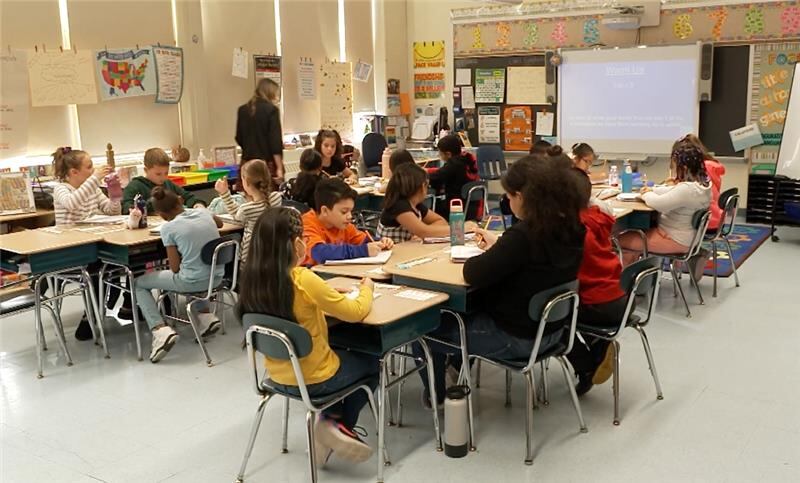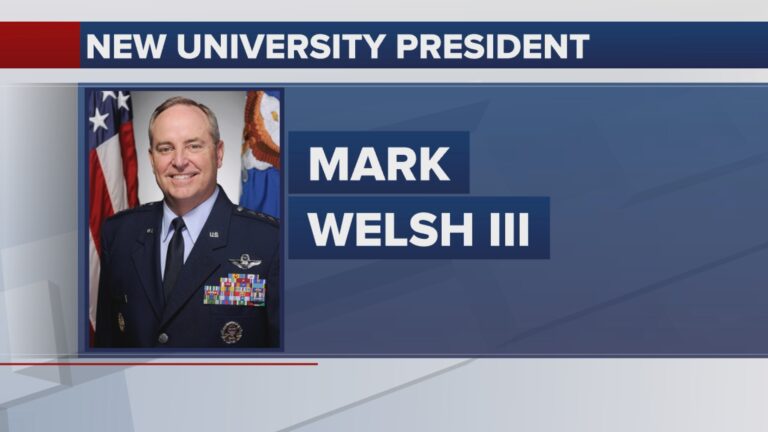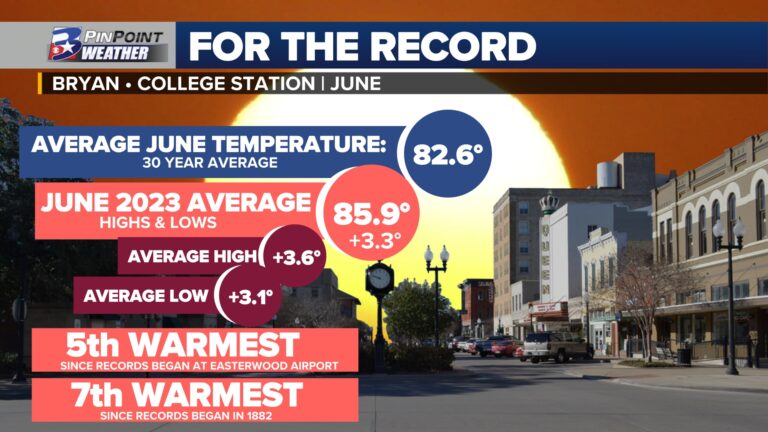Local school districts react to accountability ratings being blocked in latest lawsuit against the TEA
WACO, Texas (KWTX) – Every year the Texas Education Agency, or TEA, releases accountability ratings for every school district and campus in the state, which determines how they are performing.
Only they have now been blocked from releasing those scores by a Texas judge for the second year in a row.
Just last year the TEA announced several changes to their A-F rating system for the 2023-2024 school year, leading to a lawsuit from several school districts saying they hadn’t been given enough notice on these changes.
The TEA’s A-F accountability rating is a system used to grade schools based on their students’ standardized test scores and academic growth.
Back in 2023 the TEA announced that they would be redesigning the STAAR test and making changes to the rating system.
Waco ISD’s superintendent, Dr. Susan Kincannon, says “the entire system was changed. Not just the tests, but also the accountability methodology”.
Dr. Kincannon was a part of the first lawsuit, even going to Austin to testify. She says the TEA failed to give districts time to adapt to these changes.
“I’ve been doing this for nearly 35 years… we’ve always had a phase in period where we’ve had time to adapt, to really understand what it is the state is requiring and to adapt to those changes before we’re actually given a grade,” Dr. Kincannon said.
Academy ISD was one of the districts also involved in last year’s lawsuit against the TEA.
In a statement today from their superintendent, Darla Nolen, she explained that there are valid concerns regarding the TEA’s changes, saying they lacked timely communication and transparency.
Now the TEA is facing a second lawsuit, again arguing that this lack of transparency has resulted in scores that may not be an accurate representation of the school district.
“There are severe consequences for schools based on the data,” explained Dr. Kincannon, “and if we’re going to give a rating, we want to be fair about that rating”.
The most recent lawsuit over the validity of STAAR results, now that an automated system has started scoring them, only temporarily blocks the accountability ratings.
That court hearing is set for August 26th, and many districts across the state will be watching.
“I think school district’s are right in challenging the state on this issue,” shared Dr. Kincannon.
In a statement from the TEA on this, they said in part that the A-F accountability system is good for kids and that it is disappointing that a small group of school boards and superintendents opposed to fair accountability and transparency have once again filed a lawsuit aimed at preventing A-F ratings from being issued.
Full statement from the Texas Education Agency:
“The A-F accountability system is good for kids. It is why the legislature adopted a strong A-F framework to help improve the quality of student learning across the state, give parents a clear understanding of how well their schools are performing and establish clear expectations for school leaders so they can better serve students. It is disappointing that a small group of school boards and superintendents opposed to fair accountability and transparency have once again filed a lawsuit aimed at preventing A-F ratings from being issued and keeping families in the dark about how their schools are doing. TEA is reviewing the filing and will evaluate appropriate next steps”.
Full statement from Academy ISD’s Superintendent:
“‘On the Spring 2024 STAAR assessments, Academy ISD students outperformed state and regional averages on every test given to 3rd grade through EOC testers. While we are extremely proud of our students’ academic accomplishments on these state assessments, there are valid concerns regarding the Texas Education Agency’s (TEA) changes to the A-F accountability system, including the implementation of Artificial Intelligence-based grading for the STAAR test and changes to CCMR requirements,’ said Academy ISD Superintendent Darla Nolen. These changes, lacking timely communication and transparency, pose concerns for many Texas school districts. The upcoming ruling from the evidentiary hearing scheduled for August 26, 2024, will be closely monitored by school districts across the state”.







